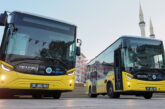
The European market is more than 3,000 fire trucks and other rescue vehicles per year. In addition to complying with national and international regulations, the vehicles have to be adapted to meet the specific requirements of each emergency service. This includes high standards of safety, reliability and flexibility.

A cab designed to be safe, ergonomic and practical, with plenty of space
The new Volvo FM and Volvo FMX with crew cab can seat up to nine people. The vehicles are designed to provide each emergency service team with the best possible conditions, to enable an efficient and safe operation in tough environments. These new trucks offer the same high standards of passive and active safety, ergonomics and comfort as the other model variants of the new Volvo FM and Volvo FMX, launched in 2020. The cab has been thoroughly safety tested and comes with large windows, a low door line, large rear-view mirrors and the option of up to eight cameras, providing good all-round visibility. In addition, the Volvo Dynamic Steering system, available as an option, makes manoeuvring easier and improves both ergonomics and driving safety.
The driver’s workplace is equipped with Volvo Trucks’ new driver interface which includes digital instruments and a steering wheel with control buttons that is also adjustable with a neck-tilt function.

The high internal roof creates an airy, spacious interior with plenty of room to move around. The doors have a large opening angle that makes it easier to get in and out of the cab. This is supported by the newly developed anti-slip illuminated step and the clearly marked orange grab handle, ergonomically designed and easy to spot in a variety of conditions. The cab interior offers plenty of storage compartments for helmets, gloves and other necessary equipment.
Simplicity for bodybuilders results in faster deliveries
An important objective for the developers of the new vehicles was to achieve short lead times for bodybuilders. In consultation with leading experts from companies specializing in building fire trucks, Volvo’s special vehicles team introduced improvements to both cab and chassis. Components are placed in locations to facilitate the bodybuilding process and everything has been prepared for connecting the electrical and pneumatic systems.
“We see ourselves as the bodybuilders’ best friend. Our new crew cabs allow them a faster delivery of vehicles to their customers,” says Lars Franck.
Behind the cab, the chassis is clear. There is nothing to be disassembled or moved. The fuel tanks, the silencer and other large components are located under the cab. Inside the cab, the electrical cables and pneumatic hoses have been fitted with easily accessible connection points. The installation of the seats, benches and seat belts is certified from the factory.

Facts about the new Volvo FM and Volvo FMX with crew cab:
- Development based on the EN 1846 standard for firefighting and rescue service vehicles.
- Cab Impact Tested according to ECE R29-03.
- Internal roof height of 160 cm (front) and 161 cm (back).
- The doors can be opened to an angle of 79 degrees (front) and 75 degrees (back).
- Axle configurations: 4×2, 4×4.
- Engine options Volvo D11 or D13 (Euro 3, 5 and 6).
- Power take-off for up to 2000 Nm.






![OTOKAR [ad id='30280']](https://tasiyanlar.com/wp-content/uploads/2025/11/OTOKAR-SERVIS-GUNLERI-KASIM-2025-BANNER-1200x110-1.gif)
![MAN BANNER – 7 kasım giriş 8 aralık çıkış [ad id='38440']](https://tasiyanlar.com/wp-content/uploads/2025/11/MAN_WebBanner_Tasiyanlar_TGX2025_1200x110.gif)
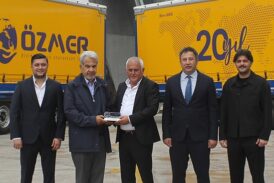
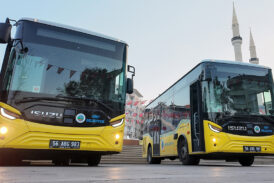
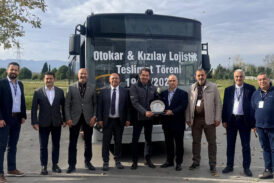
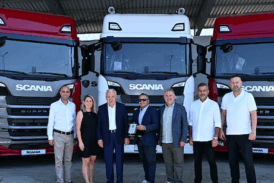

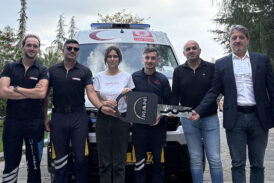
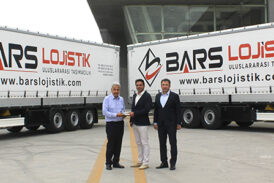
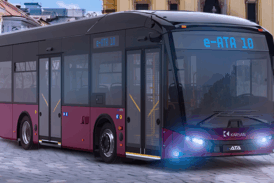

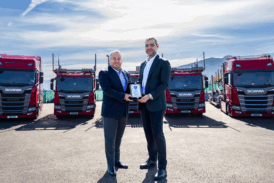

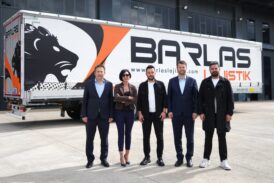
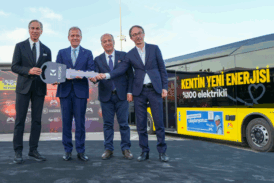
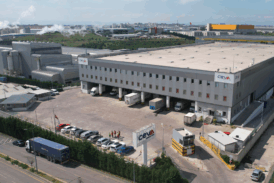

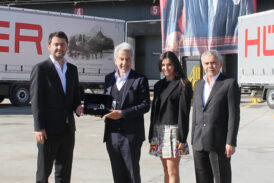
![1/C Reklam CUMMINS[ad id='5542']](https://tasiyanlar.com/wp-content/uploads/2025/05/On-HighwayDigitalBanner_PowerOnward_April25_1200x110px_Turkish_1.2_5.jpg)




